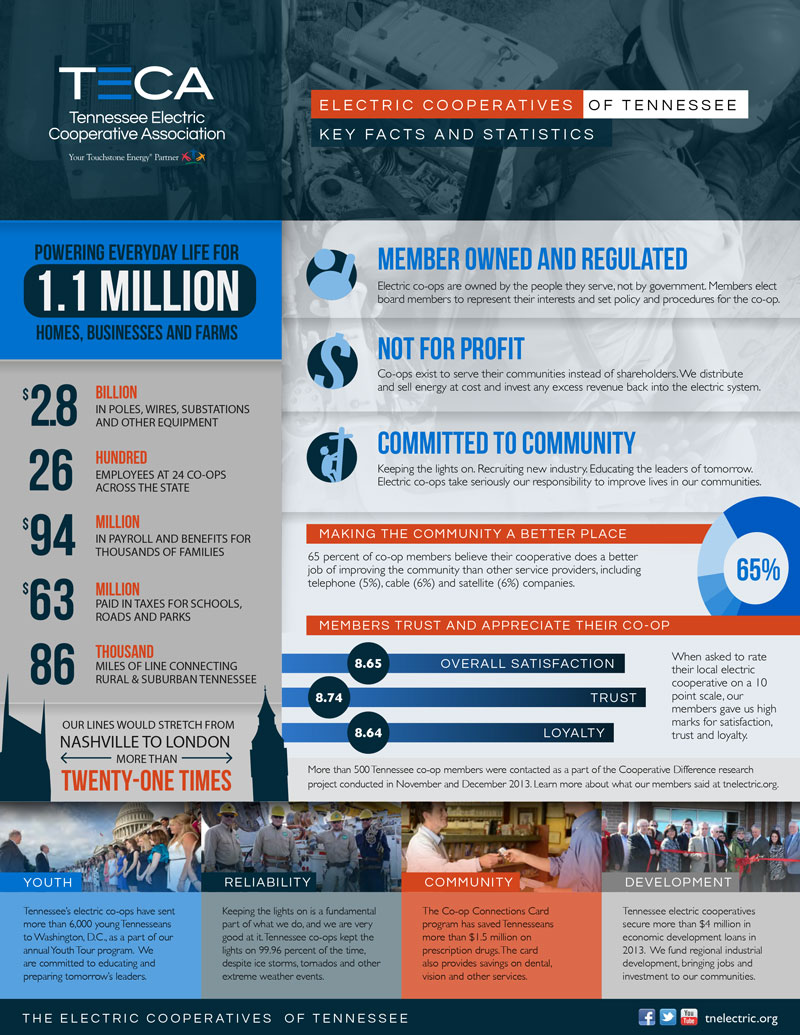By B. Denise Hawkins
Location, location, location is the mantra in real estate, but it also applies to your yard this time of year when the search is on to lower energy bills and create curb appeal. Positioning the right combination of plants and trees can yield shade, beautify, and unearth energy savings. Such smart or energy-efficient landscaping, claims the U.S. Department of Energy (DOE), can on average, provide enough energy savings to see a return on your initial investment in less than eight years.
Again, think location. Carefully positioned trees can reduce a household’s energy consumption for heating and cooling by up to 25 percent. Using computer models, the DOE determined that proper placement of only three trees on your property can save an average household between $100 and $250 in yearly energy costs. This spring, make your yard work for you. Just a few simple landscaping considerations can make a big difference in your home’s comfort and in the efficiency of your heating and cooling systems:
- Use trees and plants to shade a window air conditioner. Having shade can increase its efficiency by as much as 10 percent. For good airflow and access, position plants more than three feet from the air conditioner.
- Shrubs and trees can form windbreaks or protective walls that keep wind chill away from a home. That’s important because wind speed lowers outside air temperatures, and ultimately saves on higher heating costs. Common turf grass and other low-growing plants are ideal barriers. So are evergreens, especially when combined with a wall or fence to deflect or even lift wind over a home. For best protection, plan on leaving between two to five times the mature height of the trees or shrubs between the windbreak and the protected home.
Made in the Shade
Indoors, you may be protected from the sun’s rays, but your energy bill can rise as your air conditioner works harder to keep your house cool and comfortable. Planting shade trees can add to your comfort at home by dropping the surrounding air temperature by as much as nine degrees Fahrenheit. But choosing just the right tree may require a compass and patience while they grow to work for you:
- When selecting shade trees, keep in mind the mature height of the tree and the shape of its shade canopy in relation to the height of your home. These factors are important because they should influence how far from the house you decide to plant a tree. Always avoid planting near underground utility lines.
- Shading takes time—a 6-foot to 8-foot deciduous tree planted near a house will begin shading windows in a year. Depending on the species and the home, the tree will shade the roof in five to 10 years.
- Make planting shade trees due west of west-facing windows your first priority.
- Select a tree that can be planted within 20 feet of the window and that will grow at least 10 feet taller than that window. If you have the space, use as many trees as needed to create a continuous row along all major west-and east-facing windows.
- Contrary to intuition, the least energy efficient place for a tree is to the south of a house.
Different trees can serve a variety of purposes. To block summer heat while letting sun filter through in the winter months, use deciduous trees or those that lose their leaves seasonally. Evergreens and shrubs, on the other hand, are ideal for providing continuous shade and blocking heavy winds. Also, keep in mind that not all shade plants are tall. Shrubs and sturdy groundcover plants also provide good shade by reducing heat radiation and cooling air before it reaches your home’s walls and windows.
Start planting savings and let your yard do all the work—a well-placed tree, shrub, or vine can deliver effective shade, act as a windbreak, and reduce your energy bills.
B. Denise Hawkins writes on consumer and cooperative affairs for the National Rural Electric Cooperative Association, the Arlington, Va.-based service arm of the nation’s 900-plus consumer-owned, not-for-profit electric cooperatives.
Sources: U.S. Department of Energy, U.S. Environmental Protection Agency, and Energy.gov



